Reviewer Rating: 3.8/5.0
3.8
Catherine finally spoke and was vindicated.
The limited series ends with Disclaimer Season 1 Episode 7, revealing the truth about what happened.
It’s not something most of us haven’t thought about all along, but if this discovery shocks you, I’m glad this series is a journey.
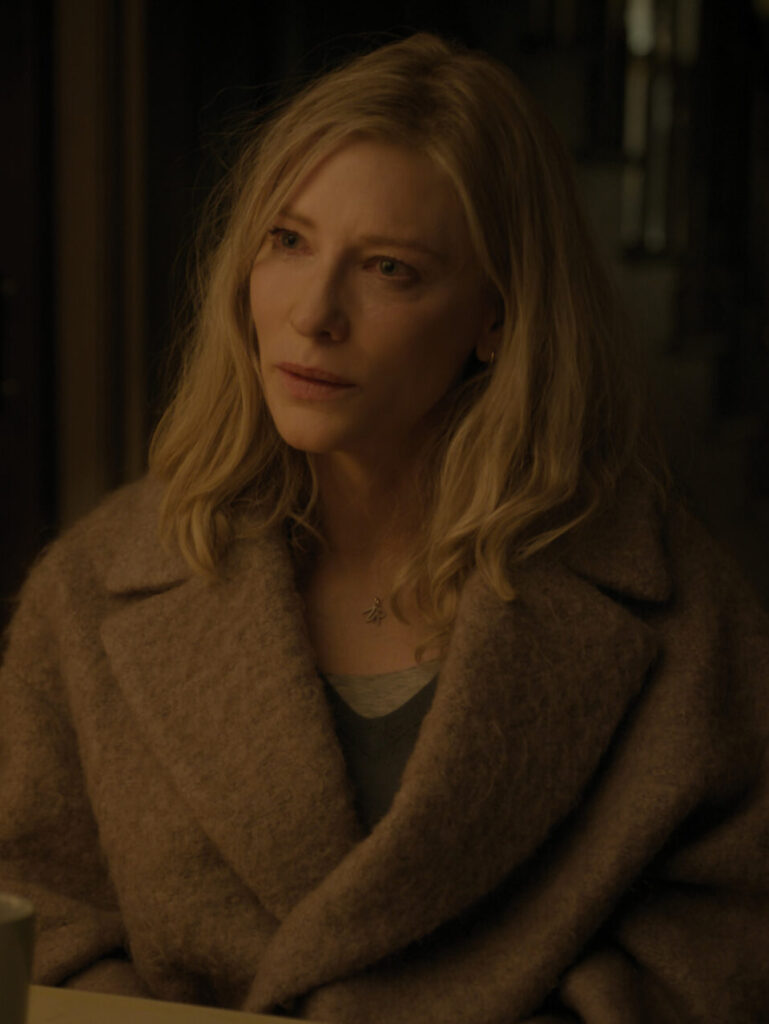
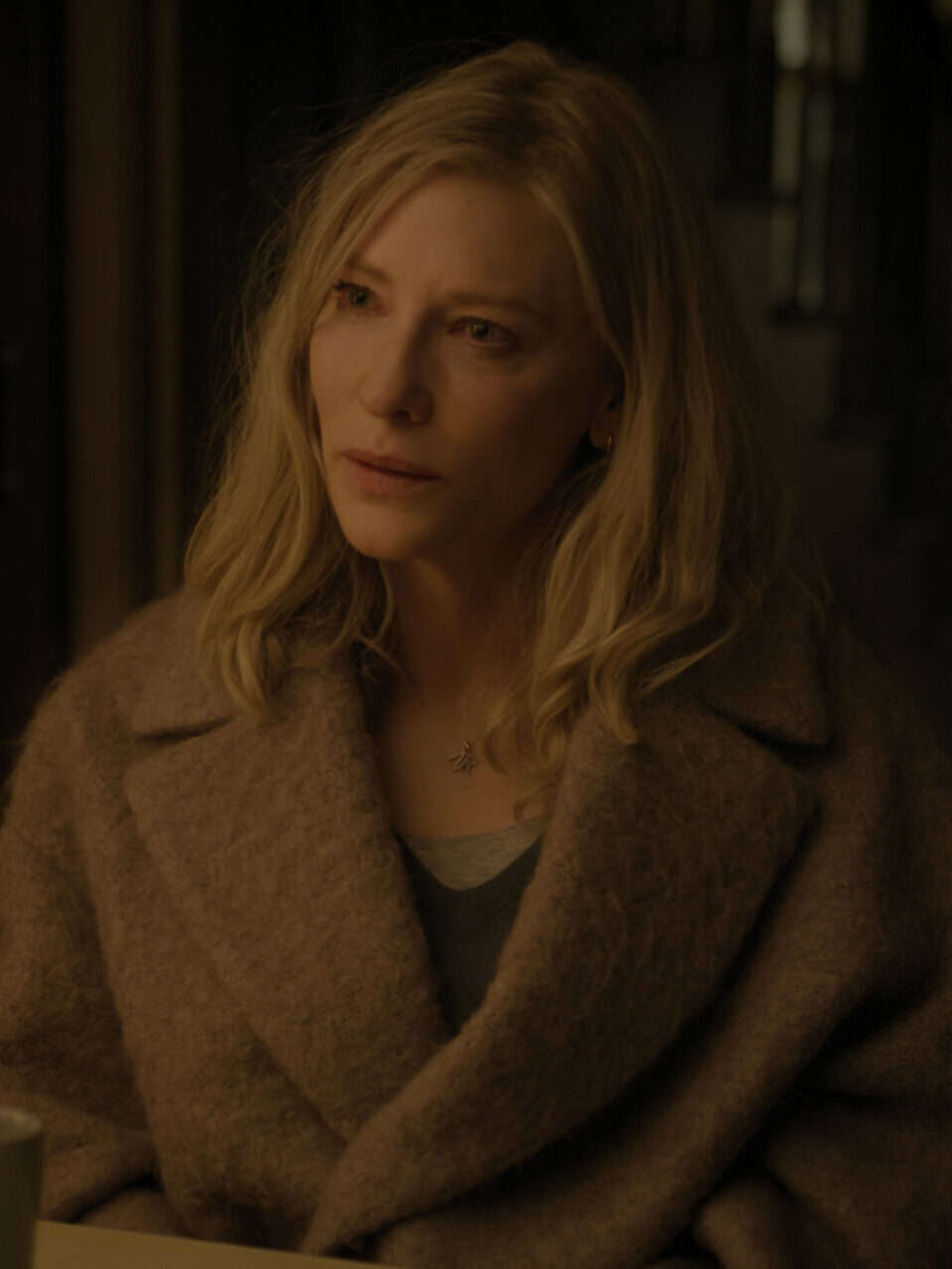
Jonathan is nothing short of a monster and we spent an entire season watching a trauma survivor get re-traumatized and made miserable by a stupid fictional novel and a mother’s desire to coddle her evil son because mom and them My son, am I right?
The perpetrators of misogyny and violence against women are often women themselves.
This is a lesson we learn over and over again, but it never really works.
The relationship between mother and son and the desire to protect them versus the guilt one feels when one doesn’t make it through most of the series, until the bittersweet ending and last minute of Catherine snuggling with her son.
The whole situation leaves Catherine frustrated, and she at least earns the sympathy of those who might not initially have sympathy for her.
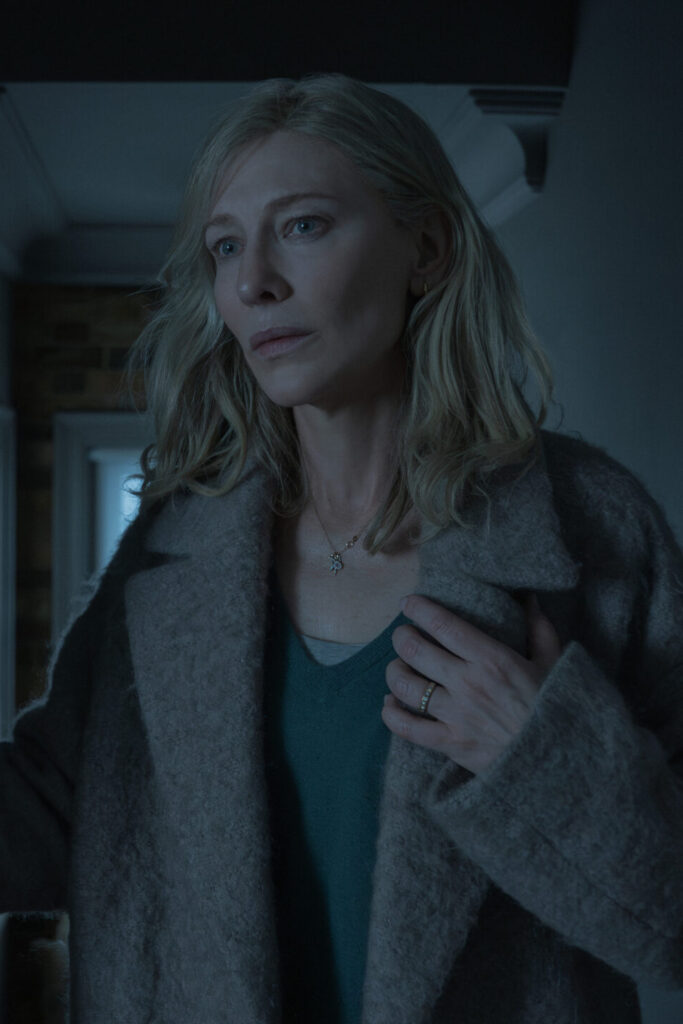
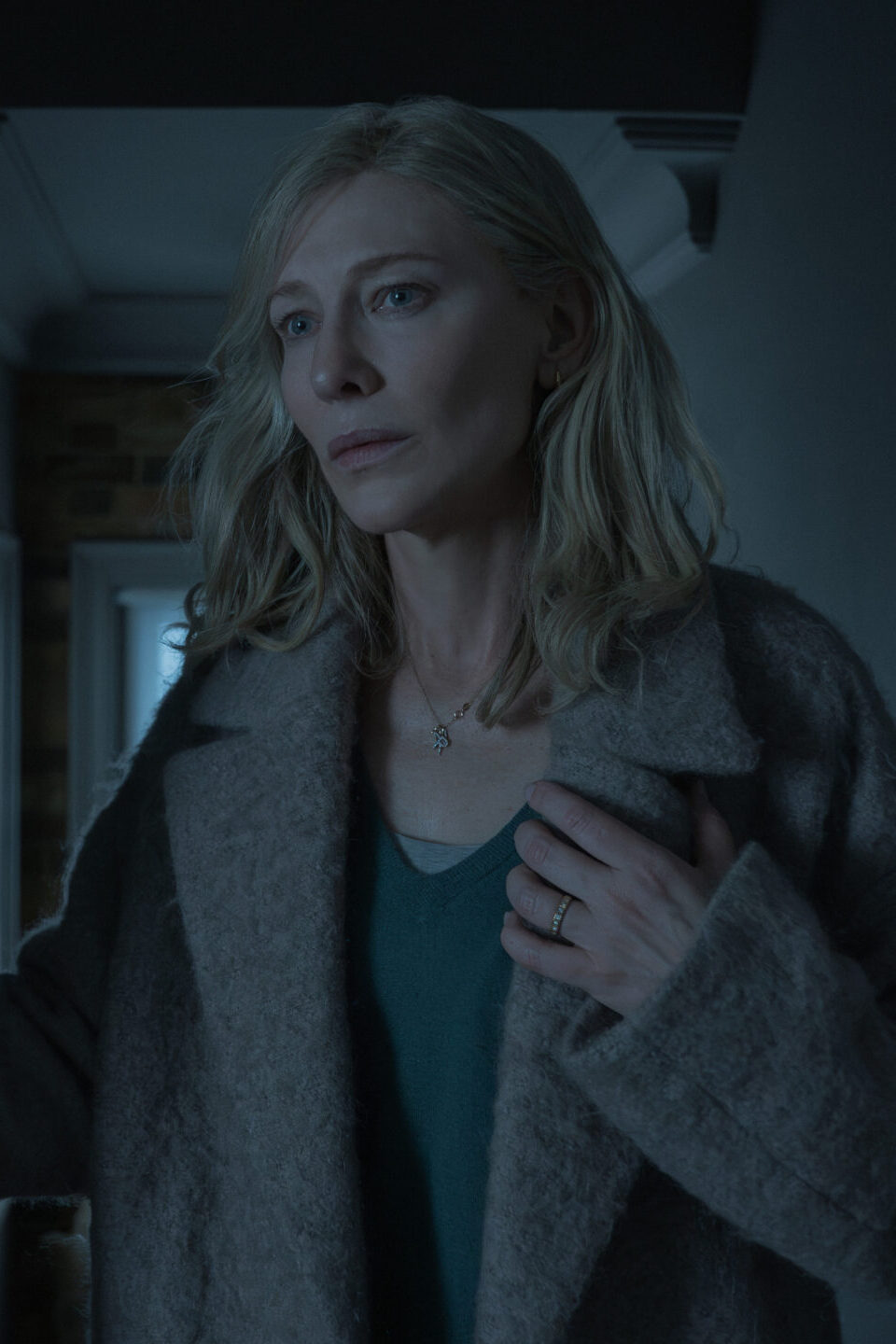
The series itself didn’t live up to the hype.
It all came together in the end, but my complaint – and still is – was that we shouldn’t have to wade through seven hours of Disclaimer’s beautiful scenery, conflicting performances, and pretentious narration to finally get there Part of the “Thrilling” series.
This struck me because one could see it from the moment Catherine fumbled her explanation and was repeatedly knocked down by her insecure, loser husband.
While we’re on the subject of Robert, there’s something particularly unsavory about his character that I’ll never quite shake.
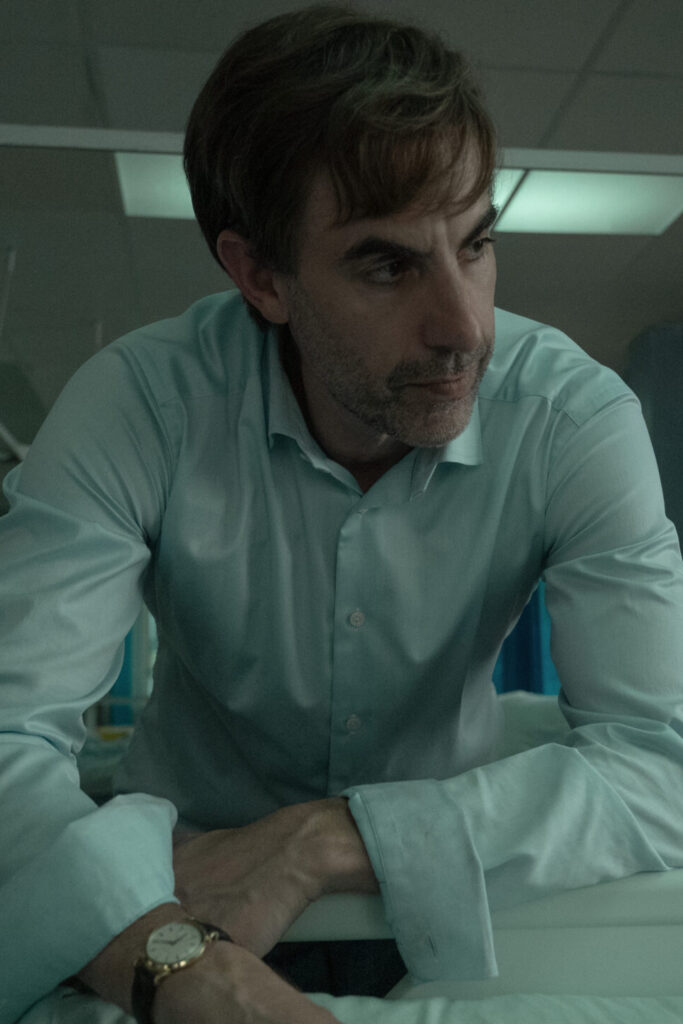
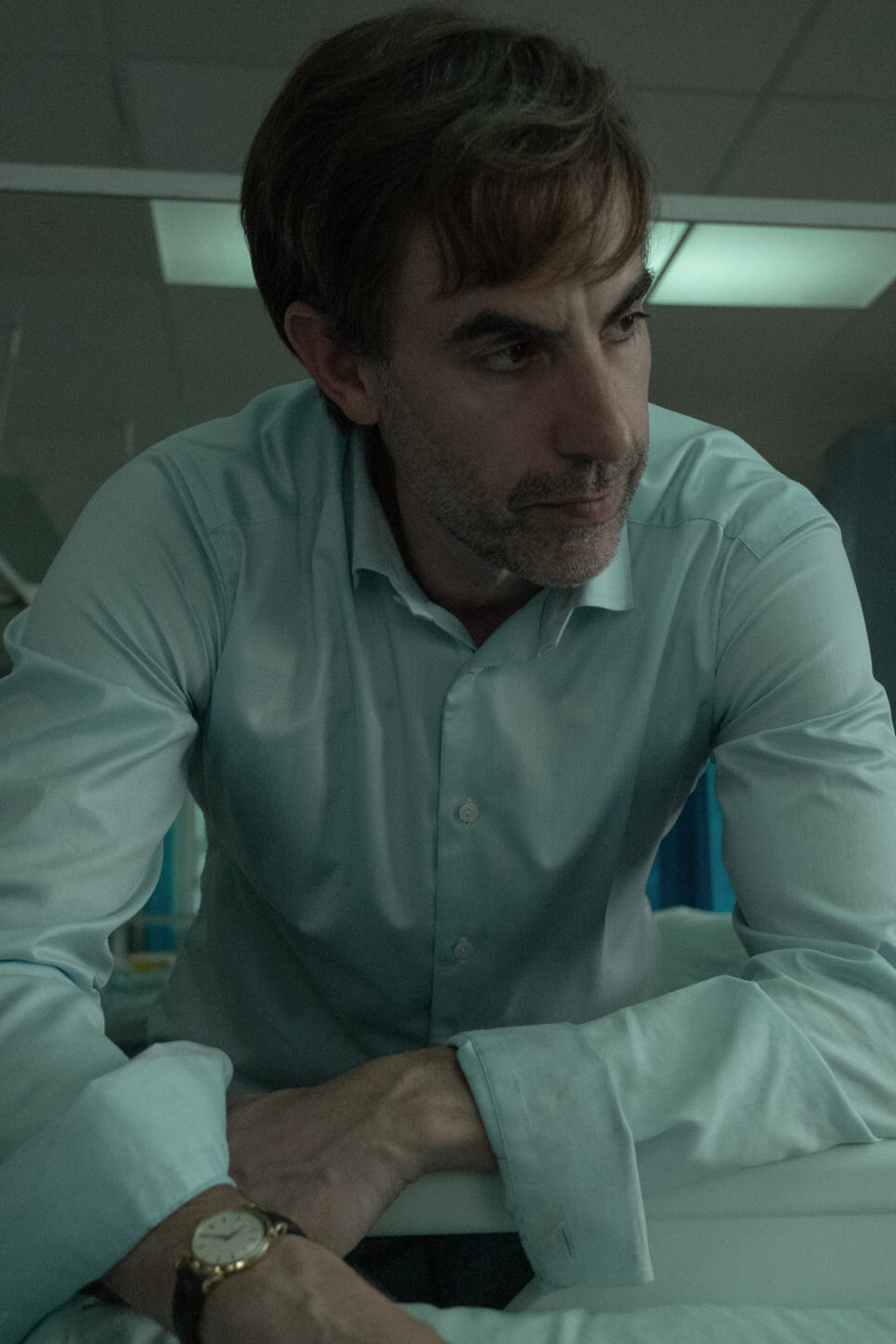
In the midst of a sea of, pardon the pun, vile and disgusting characters, Robert’s actions are absolutely inexcusable and only those closest to us, those who love us, can be more harmful than the true enemy.
Because if you can’t even live up to the presumption of innocence with a man who promises to love you, honor you, and respect you, then what the hell is life?
Catherine is correct in saying that he still sat there crying, seemingly expressing some form of relief that she had been raped, violated, and not betrayed him.
He’s a self-loathing, self-absorbed louse with horrible hair. Sorry, I’m busy.
Robert’s extreme reactions are, even at their most horrific, unreasonable, and he ignores Catherine’s calls and texts and walks out of the room when she walks in, making each moment more irritating than the next.
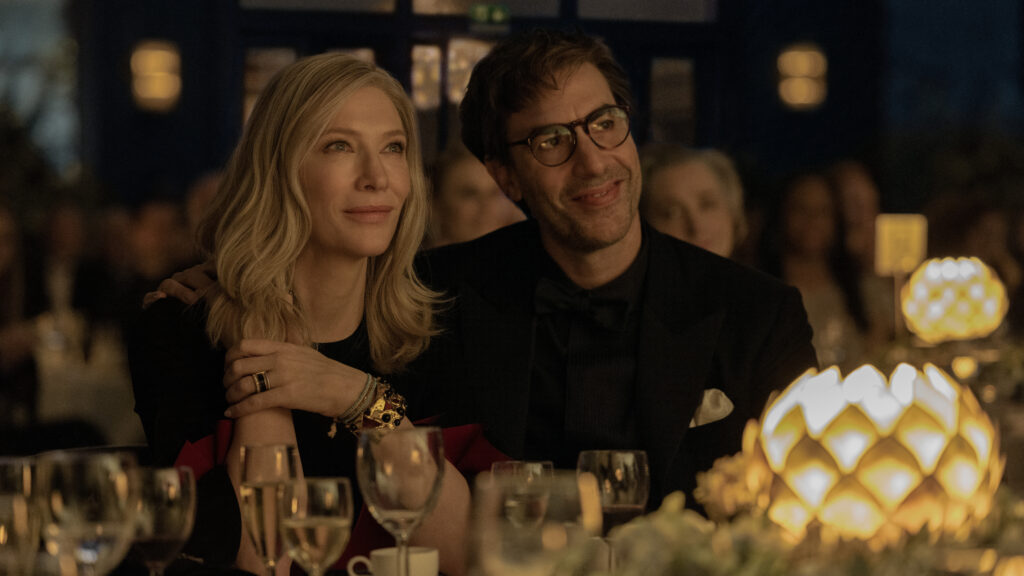
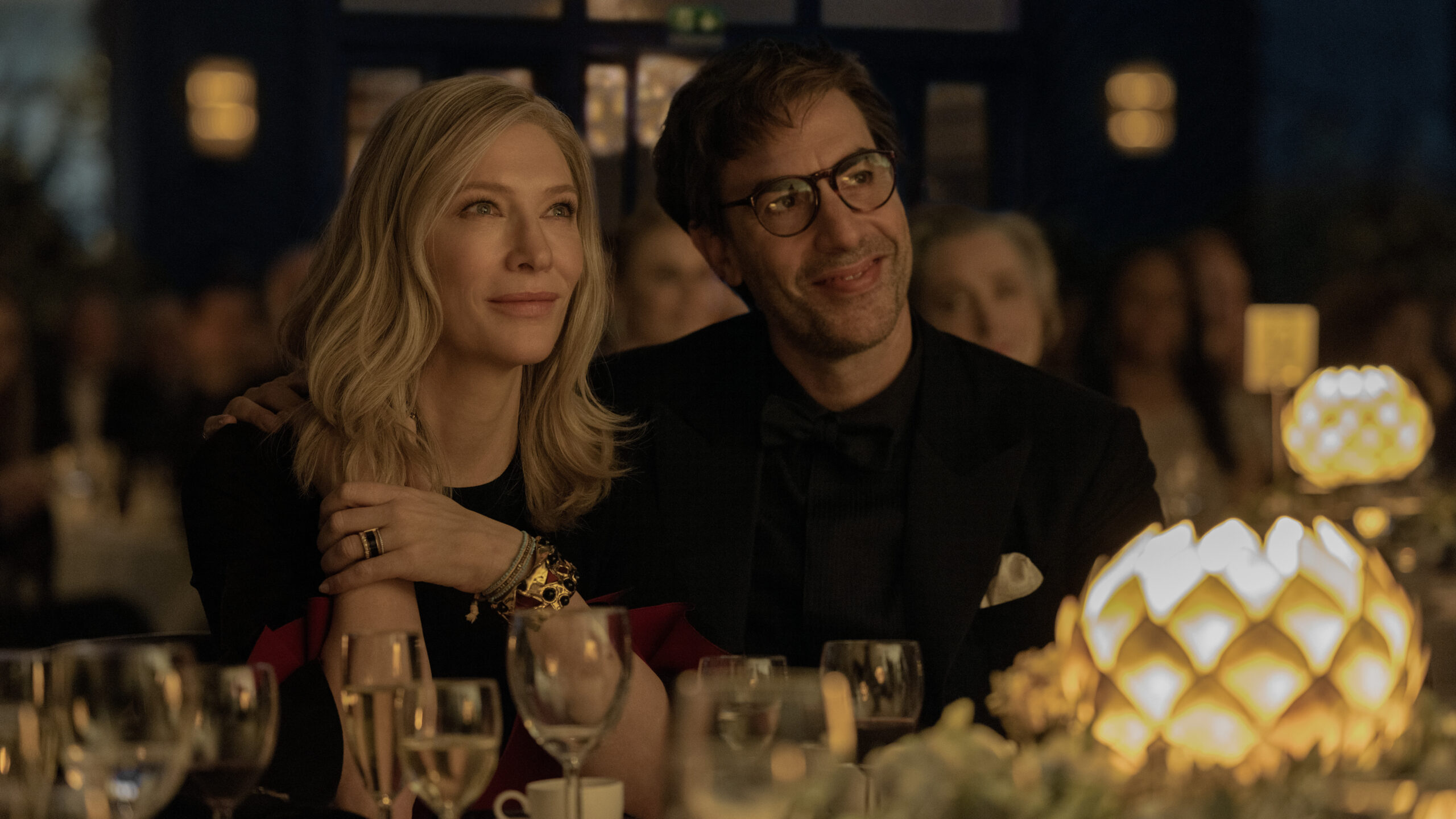
I say this as someone who has the ability to be a little princess in certain situations.
By the end of the hour, it was satisfying that Katherine had finalized her divorce, but Katherine still didn’t speak out as loudly as she should have, or that she had to.
She still displays a degree of grace and restraint that presumably reflects her elegance, but is entirely restrained and measured.
Part of that may have been because she was exhausted after the ordeal.
But we haven’t forgotten that she still couldn’t tell her husband the truth about her— still It had to come from another person, Stephen, the person actively ruining their lives.
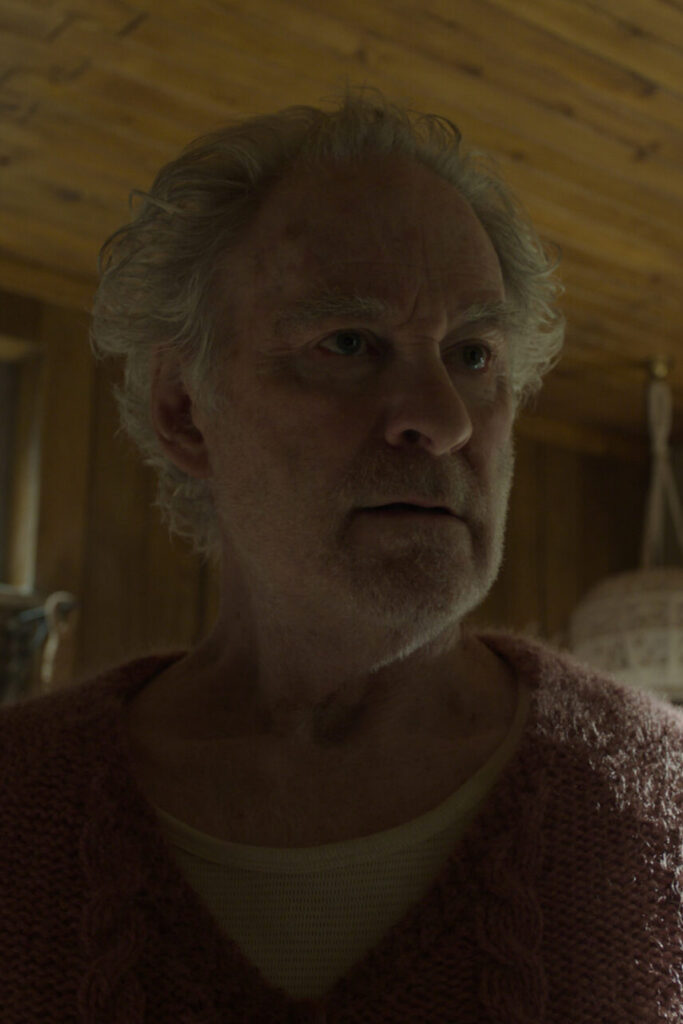
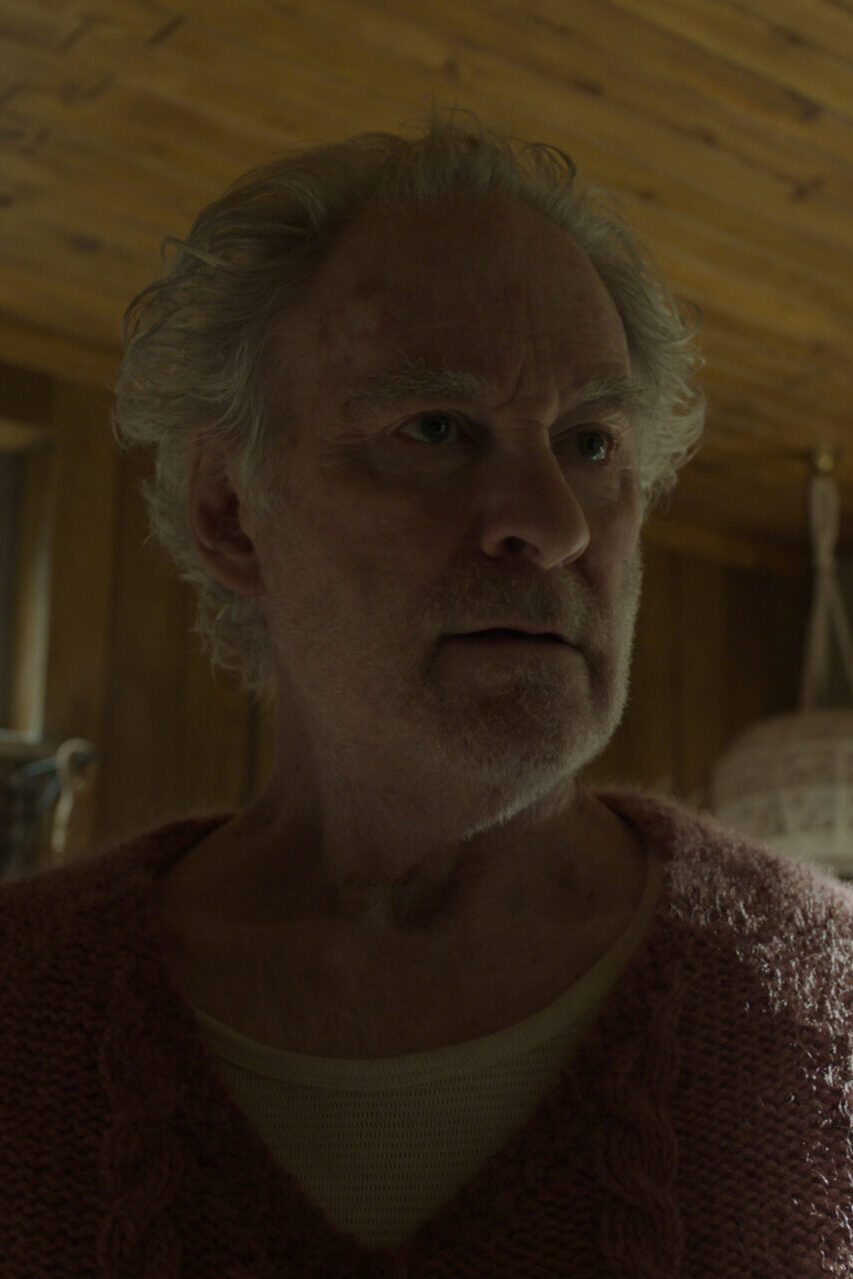
Robert’s level of misogyny is of the insidious type, the kind of misogyny that becomes so ingrained in a person that they don’t even realize it’s there. Worse, they may convince themselves that they are enlightened but are completely incapable of being so, which is even more disturbing than the sometimes arrogant, overt displays of behavior.
It’s much more dangerous because like a disease it takes root, grows, and spreads, slowly wearing down the person on the receiving end bit by bit.
The showdown between Catherine and Stephen is a long-awaited one. “Disclaimer” does some nice narrative work by switching things to first person, as in “Disclaimer” Season 1 Episode 6, where she finally gives her own narration.
We get her story, and when the camera stays in the present, it focuses primarily on her because she is the speaker of her own story, not Stephen or his dead wife.
We then transition again to the past where Leila George has been doing the Lord’s work and delivering such a compelling performance that it makes most of the hard work worth it.


In this particular moment, it’s a difficult watch as she captures all the raw emotion of a frightened woman being brutally treated and deeply fearing not only for her own life, but also for the life of her son.
When we’re on Catherine’s side, things fall into place, such as how much she enjoys being alone with young Nicholas.
She learned to appreciate this aspect of vacation until that fateful night and subsequent death on the beach.
It was an absolutely brutal scene where Jonathan attacks her and it was really challenging.
When things return to Catherine in the present, Cate Blanchett captures all the subtle qualities of a trauma survivor, from her trembling voice and distant gaze to stopping midway to explain her thoughts or some tiny detail, re- Warm up some terrible things.
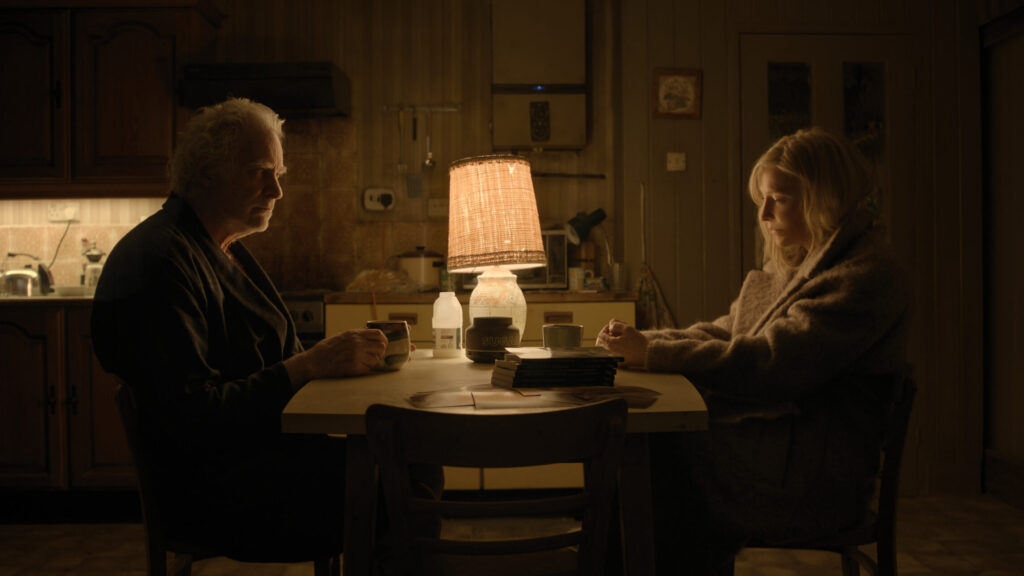
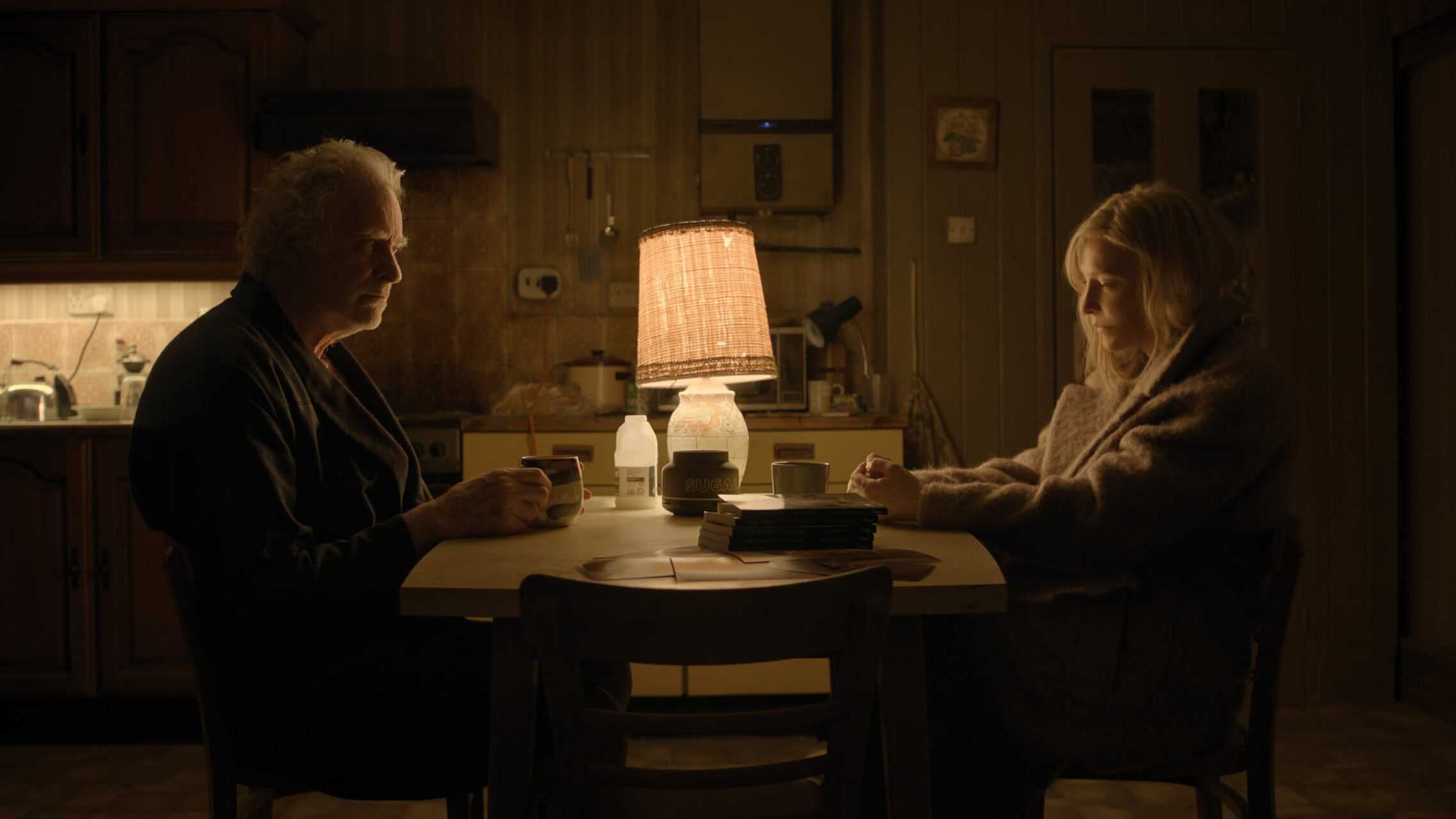
As critical as I am of this series, I go out of my way to give Blanchett and George their absolute due and give all the flowers they deserve for their respective performances.
George is particularly engaging, but I never expected anything else.
Jonathan is a danger to society.
He was interested in Katherine from the moment he laid eyes on her, basically stalking her and then pounced on her at the first perfect opportunity.


She never stood a chance when he walked into her room, threatened her with a knife like a European and used her sleeping son as leverage to make her succumb to his every whim and gain a morbid , sadistic pleasure.
It’s really disgusting, like the lurker from Criminal Minds. Jonathan is clearly a sexual sadist and takes great pleasure in doing so. Hurting women seemed to bring him endless pleasure.
Catherine describes his behavior as “hateful”, which stands in stark contrast to a series that seeks to explore how ingrained misogyny is in society and our daily lives, and how easily many people perpetuate it.
Jonathan is not a blushing schoolboy who needs some convincing to satisfy women, as Nancy implies in those disclaimer sex scenes.
He is a violent young man who takes what he wants, uses his victims as vessels for his pleasure, and goes on with his day.
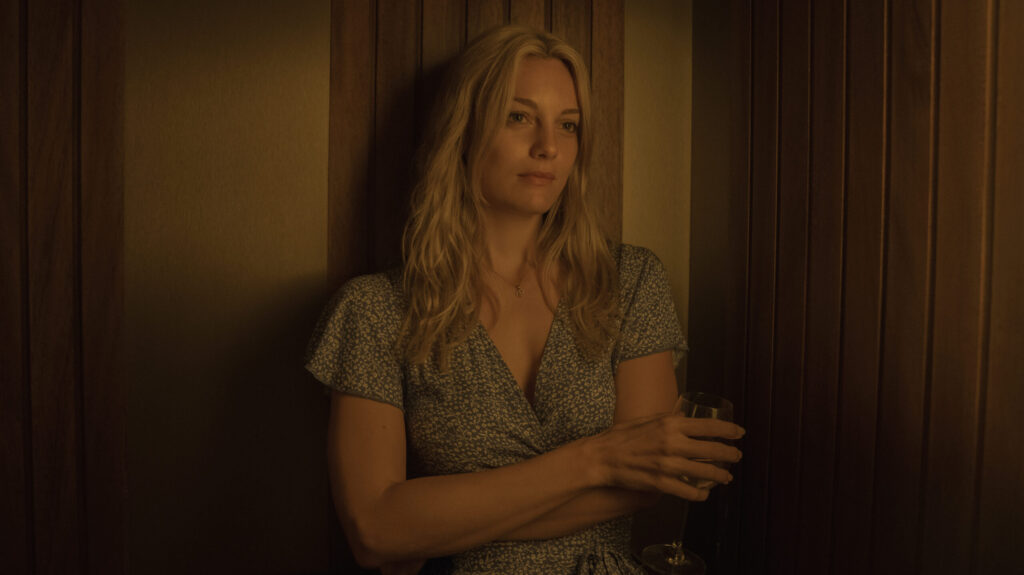
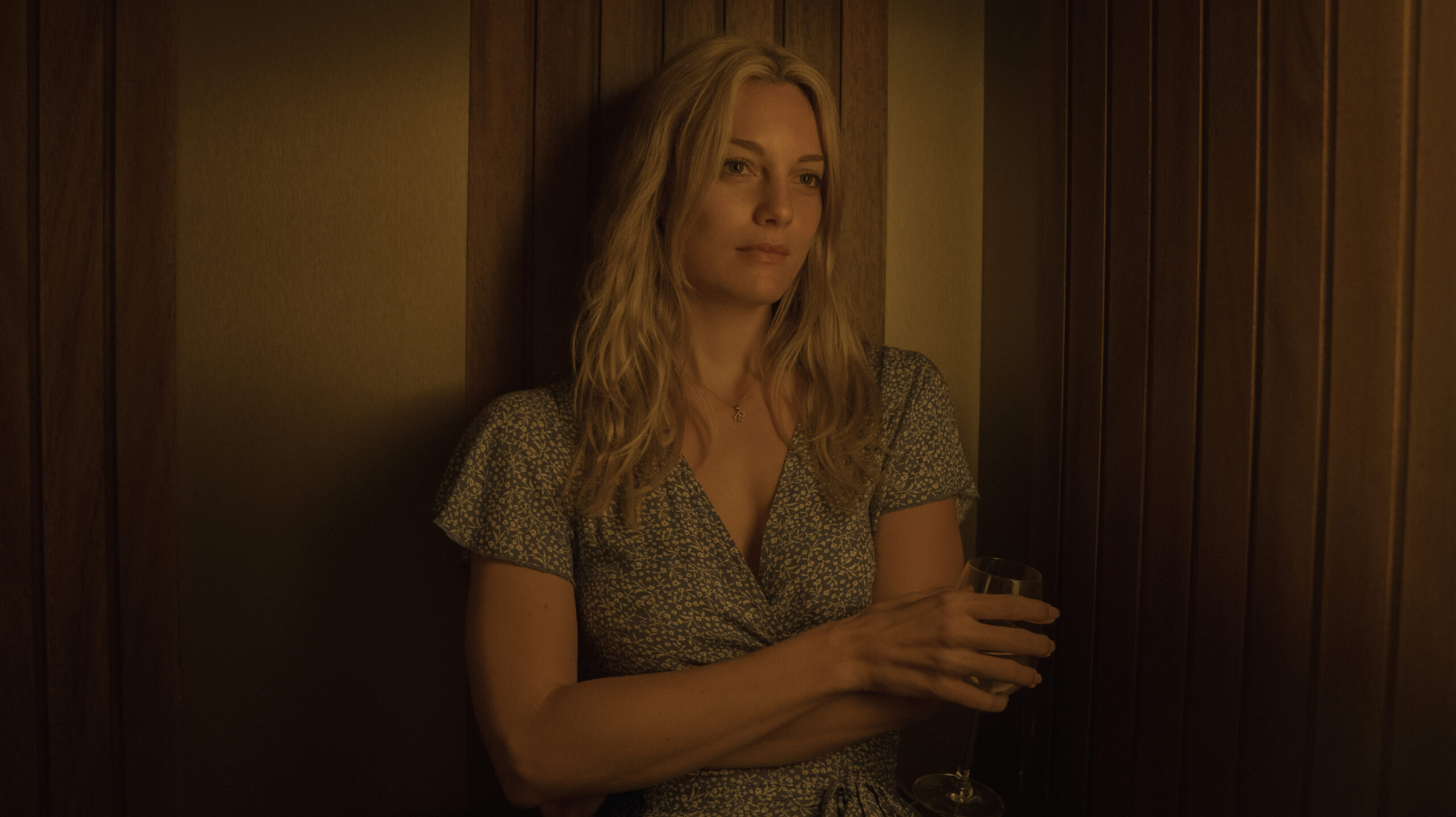
It’s enough to make you wonder how many women he’s done the same thing to, besides Katherine and probably Sasha.
Eventually, when the fog of revenge lifts from poor Stephen, we learn that deep down he always knew his son was a monster but didn’t want to believe it.
Imagine if he had just held his son accountable instead of lying to himself like his late wife did.
We could have avoided so much.
But even when faced with the truth, he still didn’t want to hear this from Catherine, and sat there happily watching her pour the spiked tea to the floor.
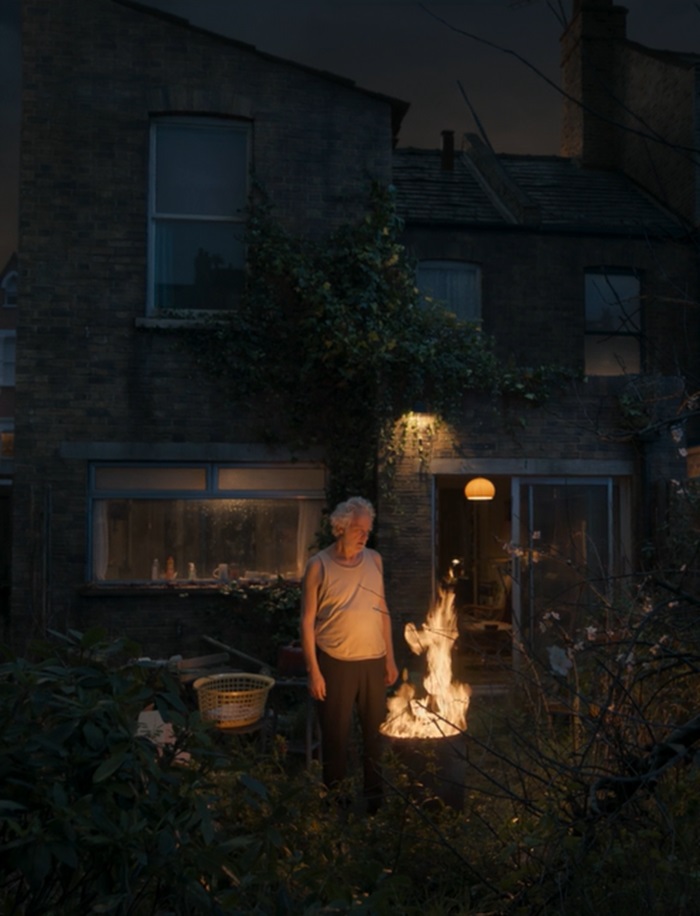

I’m still angry about this because, instead of blaming the victim, why would Katherine drink from the man who tried to kill her son?
I can’t be the only one hoping this is some form of ruse and that she’s not that naive.
Of course, maybe I can find a deeper meaning, for example, as women, we are often conditioned to be polite and accommodating, but to our own detriment.
Her acceptance of the real devil’s tea that wreaks havoc on her life reflects this.
But I have to look further than my 5-foot-2 frame to understand Catherine’s complete lack of self-preservation.
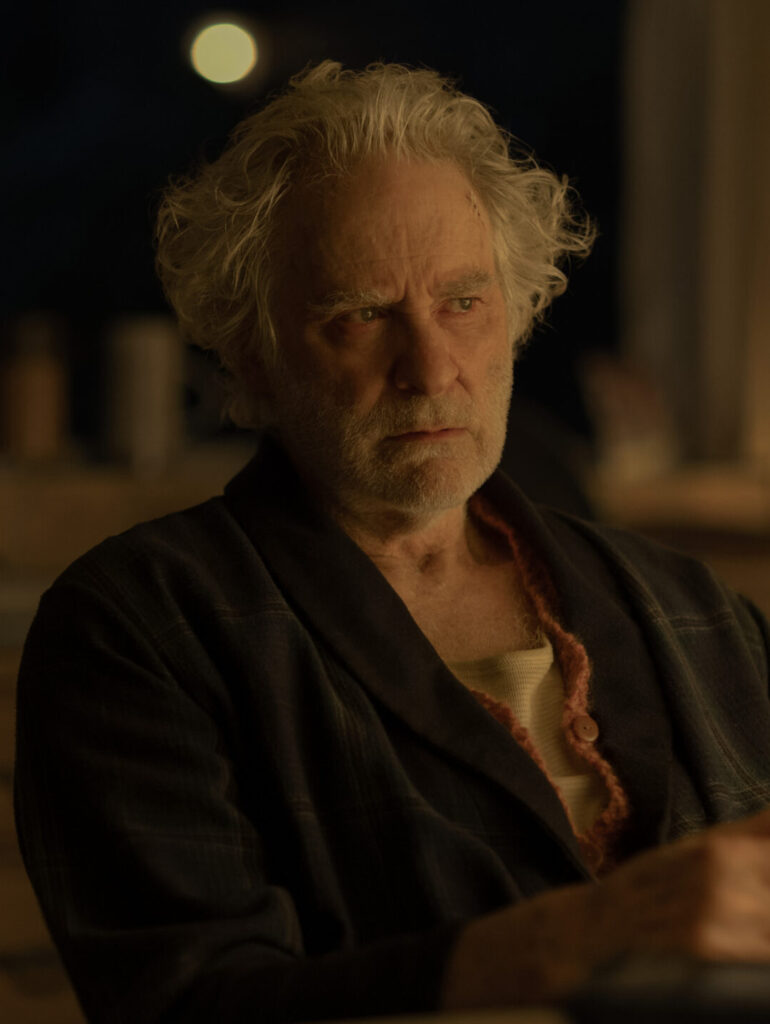
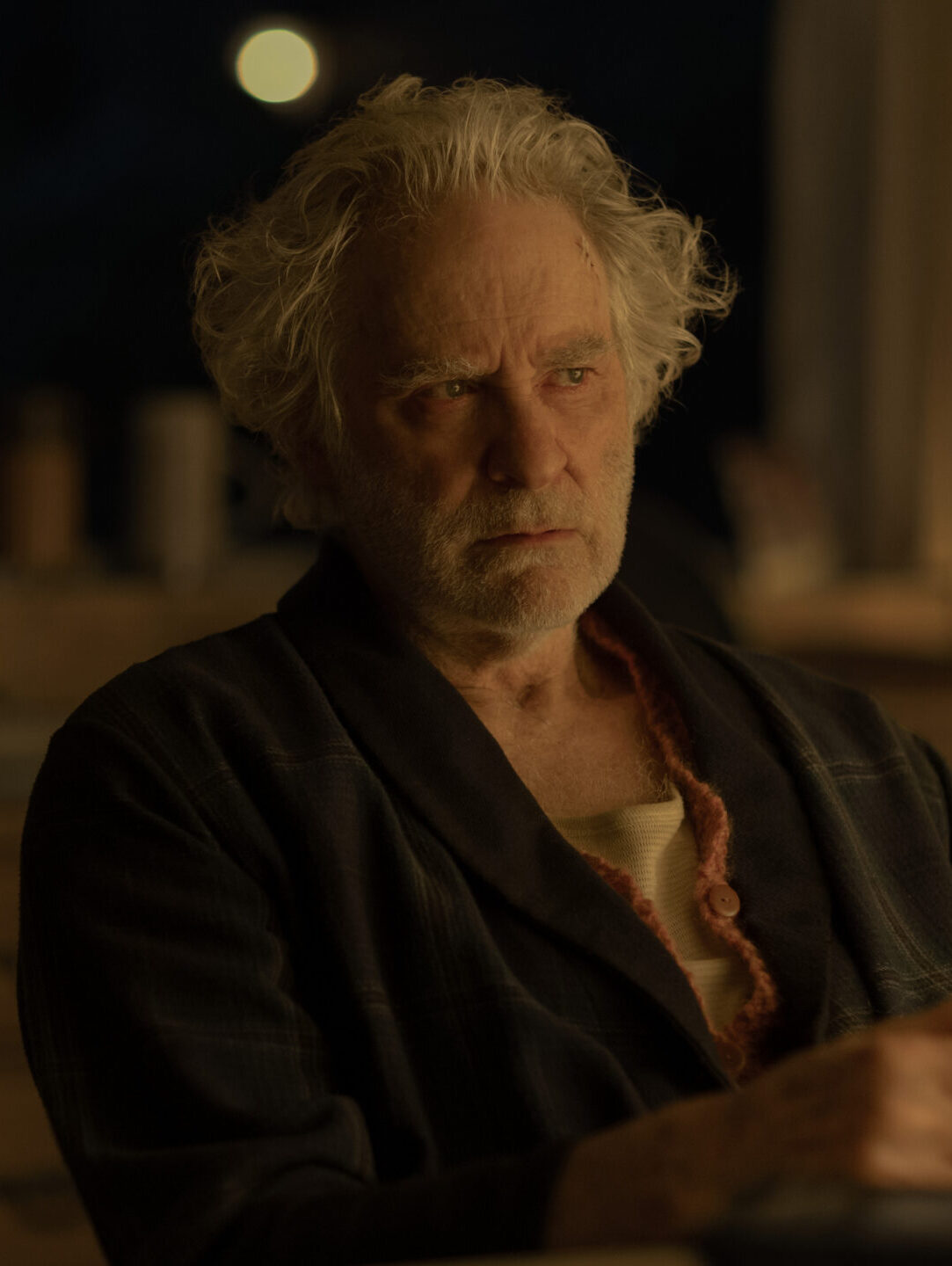
Little things like this can make the information less meaningful or undermine the effectiveness of the disclaimer.
The writing is poorly delivered, the behavior is often pointless and illogical, and all of these moments that further the narrative “because of the plot” feel hollow and contrived to the point of being unbearable.
My heart ached for Catherine as she recounted what happened to her in those flashbacks.
Yet she’s just as irritating as anyone else in other ways.
This is Disclaimer’s complex portrait of its characters.
In the end, I was even relieved that Nicholas had survived Old Stephen, even though he was just as unbearable.
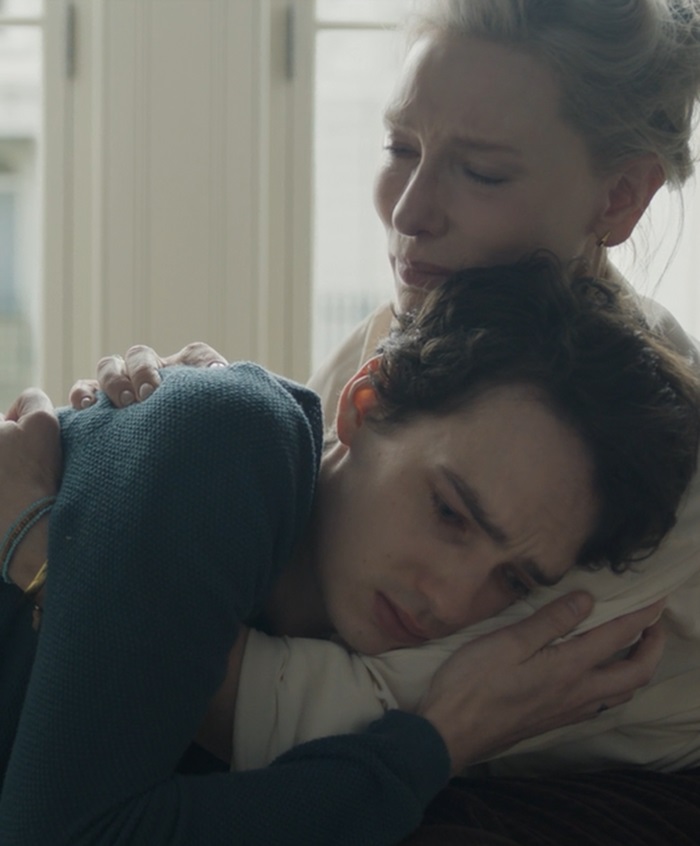

Sadly, the backstory behind him being the most depressing character of them all is that he witnessed what happened to his mother, but his brain has been protecting him from it all.
The interesting thing about trauma is that the brain can do all this heavy lifting to protect a person, but the other half can still manifest the trauma in other ways, and the body also has a way of remembering it.
But now it’s your turn, disclaimer fanatics.
My heartfelt congratulations to whoever completed the entire series.
If you want to skip to the end, I highly recommend you do so.
What do you think of this ending? Did you predict it? Turn off the sound below.
Watch online disclaimer



